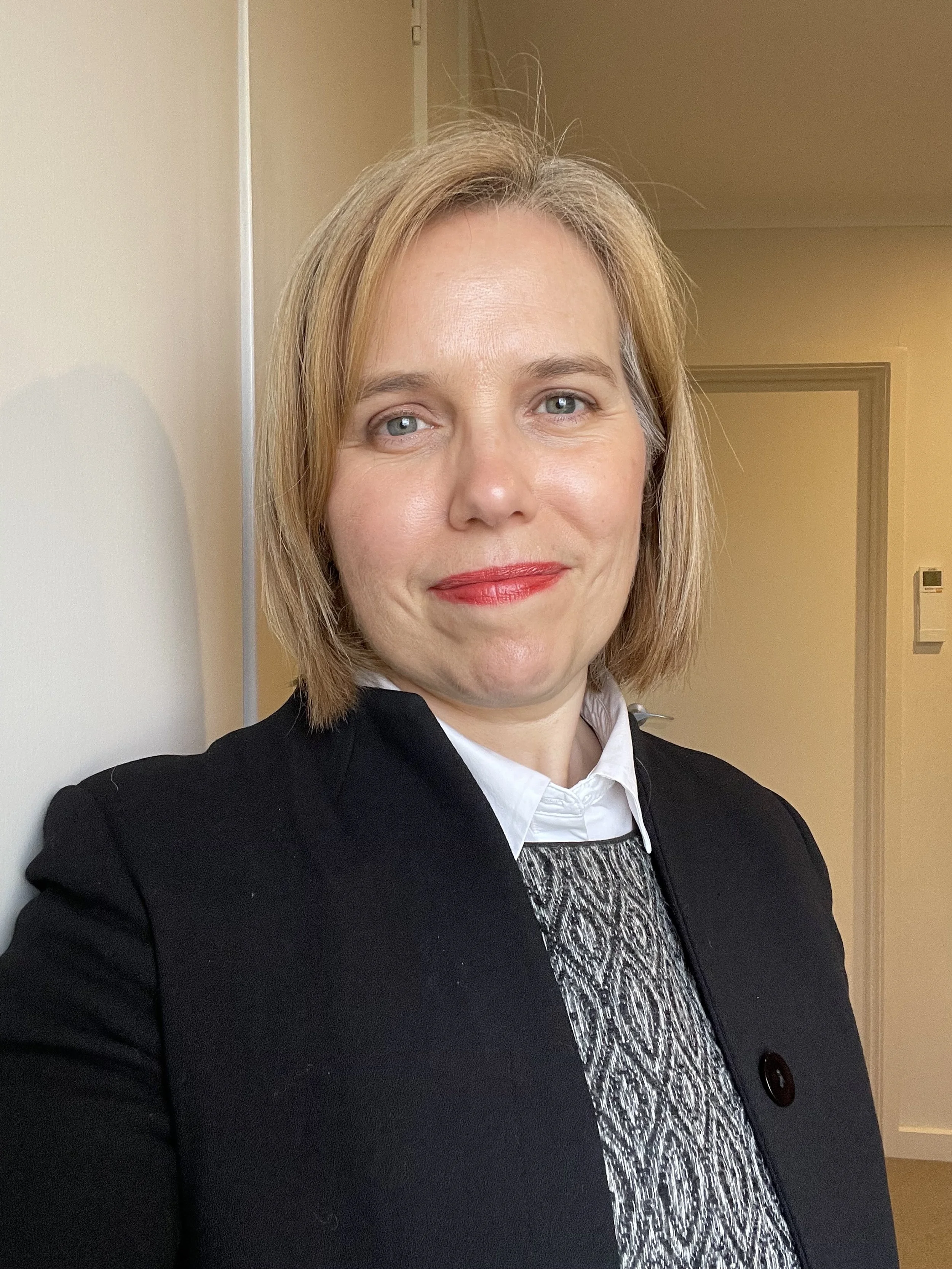The Power of Yet: Breaking Free From Limiting Beliefs
How a single word can unlock growth, resilience, and possibility in your leadership
“Whether you think you can or you think you can’t, you’re right.”
When I was young, I grew up in a household where there wasn’t a lot of extra. We were just making ends meet. We didn’t travel, and our few holidays were close to home.
When I got to university, a teacher suggested I look at doing an exchange year overseas. I told them, “I’d love to, but I’m not a person who travels.” It wasn’t just a statement—it was a belief about who I was.
They challenged me: Why not you? They explained there were scholarships available and that I could work part time when I arrived to cover living expenses. That simple challenge to my fixed mindset was all I needed. I applied, was awarded a scholarship, and spent a year studying in Canada.
It was a year that changed my life—the start of a lifelong love of travel, of cultures other than my own, and of the richness that different perspectives and ways of doing things bring to your life.
That experience also taught me one of the most powerful leadership lessons I know: the beliefs you hold about yourself are not always true, and sometimes they’re the very things holding you back.
Where limiting beliefs come from
Most of us don’t consciously choose these beliefs; they often take root in childhood or early career experiences. They might be shaped by family expectations, education, cultural norms, or a difficult moment we never want to repeat. Sometimes they’re a form of self-protection—a way to avoid the discomfort of failure, rejection, or change.
Common examples leaders share with me include:
I’m not ready to lead at that level.
I don’t have time to invest in my development.
If I make a mistake, I’ll lose credibility.
I’m not good with conflict.
The problem is that these beliefs are self-fulfilling. If you believe you’re not good with conflict, you might avoid addressing issues, which in turn means you don’t build the skills to handle them well.
Why it matters for leaders
Left unchecked, limiting beliefs can:
Hold you back from opportunities that stretch your capabilities.
Narrow your perspective and limit innovation.
Make decision-making overly cautious.
Influence the culture around you—if leaders model hesitation and self-doubt, teams are less likely to take initiative.
Reduce adaptability in fast-changing environments.
In short, they can quietly erode both performance and potential—for you and for those you lead.
The power of “yet” and adaptive stability
One of the core shifts in adaptive stability is developing a mindset that sees possibilities instead of permanent limits. It’s about holding steady in uncertainty—not by standing still, but by staying open to what you can learn, how you can adapt, and where you can grow next.
That’s where the power of yet comes in. Carol Dweck’s research on growth mindset shows that when we add the word yet to our thinking, we give ourselves permission to be in progress.
“I’m not confident leading through major change” becomes “I’m not confident leading through major change… yet.”
This single word captures the essence of adaptive stability’s mindset pillar:
Openness – recognising that skills and solutions can evolve with time and effort.
Resilience – seeing setbacks as part of the learning curve, not the end of the road.
Flexibility – staying willing to test, learn, and adjust rather than being anchored to old patterns.
When you lead with the mindset of yet, you’re more willing to experiment, to step into situations that stretch you, and to inspire your team to do the same. You hold a steady core of confidence in your ability to grow, even as circumstances shift.
How to challenge limiting beliefs
Here are some steps you can take to loosen their hold:
Name it – Write down a belief that feels like a fixed truth about yourself or your leadership.
Find the evidence – What past experiences contradict it? Often, you’ll find proof you’ve succeeded in similar situations before.
Reframe it – Turn “I can’t” into “I can’t… yet” or “I’m learning to…”
Take a small, deliberate step – Choose one action that pushes gently against the belief. Each win builds momentum.
Seek perspective – A mentor, peer, or coach can often see strengths you’ve overlooked.
Celebrate progress – Even small shifts in behaviour are proof the belief isn’t fixed.
Leaders who inspire by challenging beliefs
History is full of cautionary tales—talented people whose beliefs held them back. Vincent van Gogh, who sold only one painting in his lifetime, believed his work was not valued; Kafka thought his writing was worthless. Both were wrong.
On the other hand, leaders who openly work on their own mindset often spark change in others. When a leader says, “I’ve realised I was telling myself I couldn’t delegate effectively—so I’ve been experimenting with new approaches,” it normalises growth and experimentation for the whole team.
Ask yourself:
What’s one belief you’ve carried for years that might be ready for a rewrite?
If you didn’t hold this belief, what would you do differently this month?
Who could help you test that new possibility?
How will you know you’re making progress?
My Challenge to You
Take 10 minutes to write down three statements you’ve told yourself about your capabilities. Then, add “yet” to the end of each one and note one action that would start to challenge it. Keep the list somewhere visible. Each time you take a step toward proving a belief wrong, tick it off.
Overcoming limiting beliefs isn’t about pretending challenges don’t exist—it’s about refusing to let them be the final word. As leaders, the beliefs we choose to keep—and the ones we choose to let go—shape not only our own potential but also the culture and possibility for everyone around us.
What would become possible for you—and your team—if you simply added yet?

